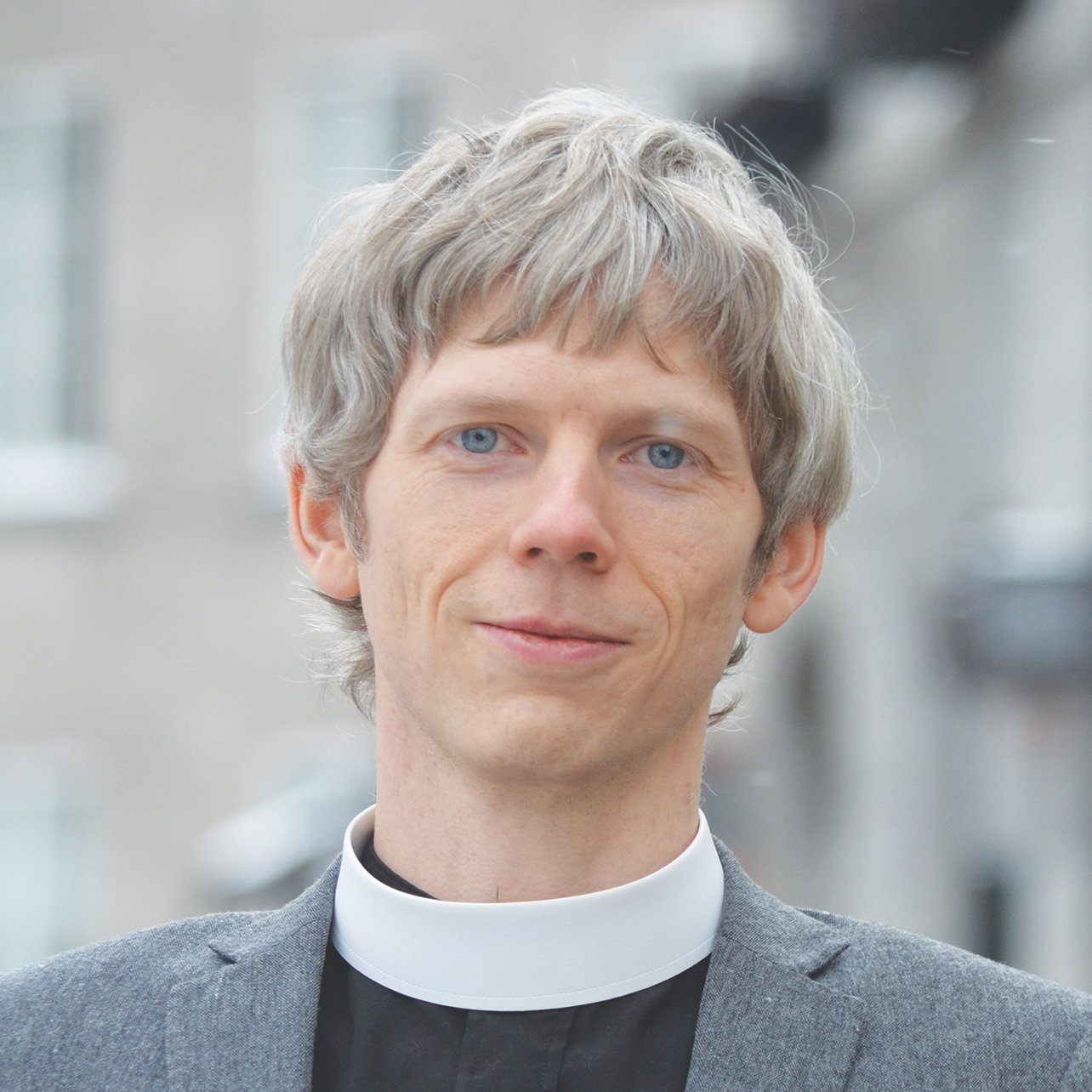
Buying silence is a social sin the church cannot afford
If the cruelty of silence took a shape, it would be the scold’s bridle.

Jeffrey Metcalfe is a priest and ethicist serving as the canon theologian of the Anglican diocese of Quebec and as a part-time pastor in the St. Lawrence Valley Anglican Ministry. He recently completed his PhD in theological studies at the University of Toronto, exploring the connections between race, place, and belonging in the Quebec context. More of his writing can be found at littorallyspeaking.ca.

If the cruelty of silence took a shape, it would be the scold’s bridle.

“To live in the church in North America is to assume that our critique of the church is the most important, that our problems are the most significant problems in the universal church.”

I’ve always disliked church structures, an antipathy I credit to that potentially most monstrous of church creatures: the committee.

Spring is the season of writing grant applications, not least of all for theological students. I know this season well because I am currently in

Today is the day. The last feast has been prepared and the last family party has been attended.

It has taken me a long time to write this column. Too long.


I will be the first to admit that I have never really been a fan of large, herbaceous quadrupeds.

Several weeks into my first tree-planting season, the company I had been working for finished its spring contract early, closing our camp and laying off my crew for a few weeks until the summer contract began.

It is a phrase I hear far too often these days, as our world continues to grapple with the effects of human migration.

It was the most strikingly mundane road I have ever walked. Set beside a pair of iron rails, the dusty grey gravel could have led anywhere: a path to a country church, an entrance to a store parking lot, a side street leading home.

It was mid-afternoon when I got the call. Picking up the phone, I was greeted by a friend from a local refugee welcoming centre. Immediately I could tell from the strain in her usually cheerful voice that something was wrong. It didn’t take long for her to explain what it was.

It had been a long day and I was tired.

What is the purpose of posting on social media? It’s a question we don’t often stop to ask ourselves. As human beings, the longer we engage in a practice over time, the less we tend to think about it.

Much has been said and remains to be said about the dramatic events that took place at General Synod this past June. Live streaming it from home, I found myself encouraged, dismayed, bored, embarrassed and astounded.

When I was a teenager, I remember my youth pastor telling me, “be careful when you ask God to give you patience. God might just answer your prayer by giving you the opportunity to practice patience.”

Flying back from a conference, I stand at the desk of an airport terminal’s gate, preparing to board, ticket in hand, passport at the ready.

Walking home from a riveting lecture on Christianity and peace, I had just started to cross the quiet intersection that leads to my neighbourhood when a black SUV, creeping past the stop line, hesitatingly pulled through the intersection and cut me off.

Feet can be gross. We walk on them. They get calloused. Sometimes they smell. We try to keep them in good order, but most of us wouldn’t consider our feet worthy of an act of worship. (And I suspect if we did, we wouldn’t tell anyone.)

“A budget is a moral document.” I’m not sure who first said it, but it’s a phrase I’ve heard at many a vestry meeting over the last several years